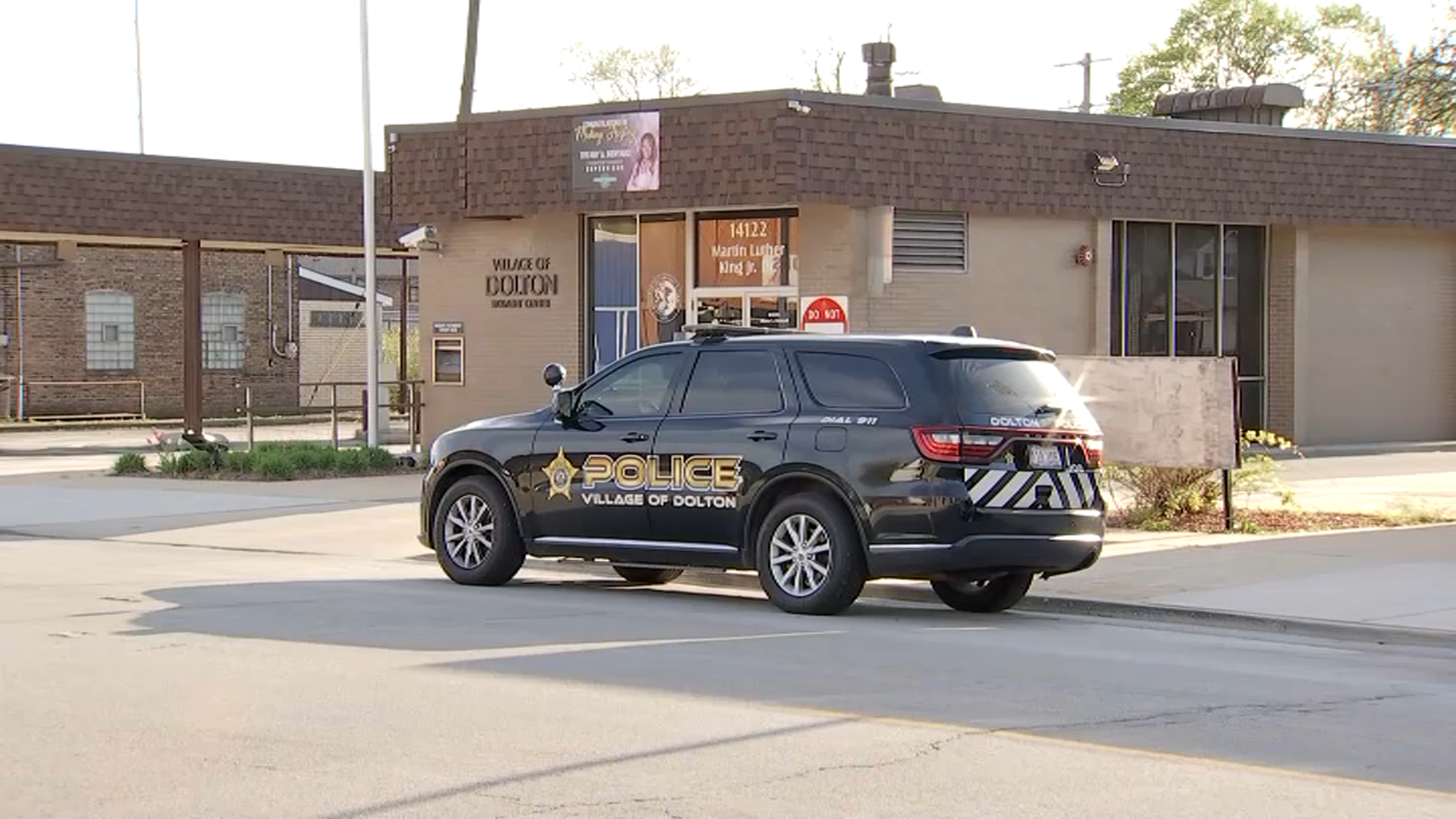Victims who find nude photos of themselves posted online without their consent have few options to get the images removed, according to police and attorneys.
Law enforcement officials advise to collect as much information as possible, including which site the photo was posted to, the date and time of posting, the circumstances surrounding the photo, who may have received the photo, etc.
“Get the listing identification and take screen captures of everything, and I want a detailed statement of how those pictures got out and the nature of those pictures, how old you were,” said Naperville Police detective Rich Wistocki.
Wistocki said victims should put all the information on a flash drive and submit that, along with a police report, to detectives.
If the photo was taken when a victim was under the age of 18, Wistocki says that constitutes as child pornography. Law enforcement can successfully get the photo removed through what is called a “preservation letter,” according to Wistocki.
Wistocki warns that even though photos are removed on one site, they may populate elsewhere.
“You need to check every six months to see they’re taken down,” Wistocki said. “They don’t completely wipe it off the face of the internet. It never goes away once they’re posted.”
Laws in Illinois May Help
Local
Illinois is one of 36 states that have revenge porn statutes. The law, which went into effect in June 2015, makes it a crime to disseminate someone’s intimate photo without his or her consent.
If you believe you are a victim of revenge porn, law enforcement may be able to successfully remove the photo, even if the image is not considered child pornography.
However, even with a strong revenge porn statute, there are obstacles, according to legal experts.
“It requires you to figure out who is involved,” said attorney Christopher Dore, partner at Edelson PC. “Just because you sent it to one person does not mean that was the person who is responsible for disseminating it.”
Dore also said there are unintentional means of dissemination, such as cyber hacking.
“You have to trust the person you sent it to, but you also have to trust the platform that it’s being sent on,” said Dore. “If someone comes in and hacks that individual’s phone…that opens up a lot of opportunity.”
Dore continued, saying, “maybe it’s a negligent act on behalf of that person (whose phone was hacked), but that’s not where something like the revenge porn statute comes into play. They’re not looking at negligence. They’re looking at intentional dissemination.”
What About Copyright?
Copyright applies if the victim took the photo him or herself.
“If you are the creator of the photo, essentially you took a selfie, then you have a copyright, intellectual property rights in that photo, and you may be able to use what’s called a DMC takedown request,” Dore said.
But, with sites like Anon-IB, which operate outside of the United States, copyright infringement arguments may not be as effective, Dore said.
Det. Wistocki says Anon-IB does log IP addresses, which identifies each computer used to communicate on the network, however, the site must be willing to turn over that information. That is made more difficult since the site operates overseas, Wistocki said.
In recent years, advocates for victims of revenge porn, or non-consensual porn, have been more vocal in raising awareness and providing support to women.
“It’s something that’s unfortunately becoming more and more prevalent,” said Dr. Holly Jacobs, founder of the non-profit Cyber Civil Rights Initiative.
Dr. Jacobs said she created the organization after she became a victim of revenge porn. The Cyber Civil Rights Initiative provides 24/7 counseling, emotional support and legal advice.
For law enforcement training, Det. Wistocki can be contacted here.



